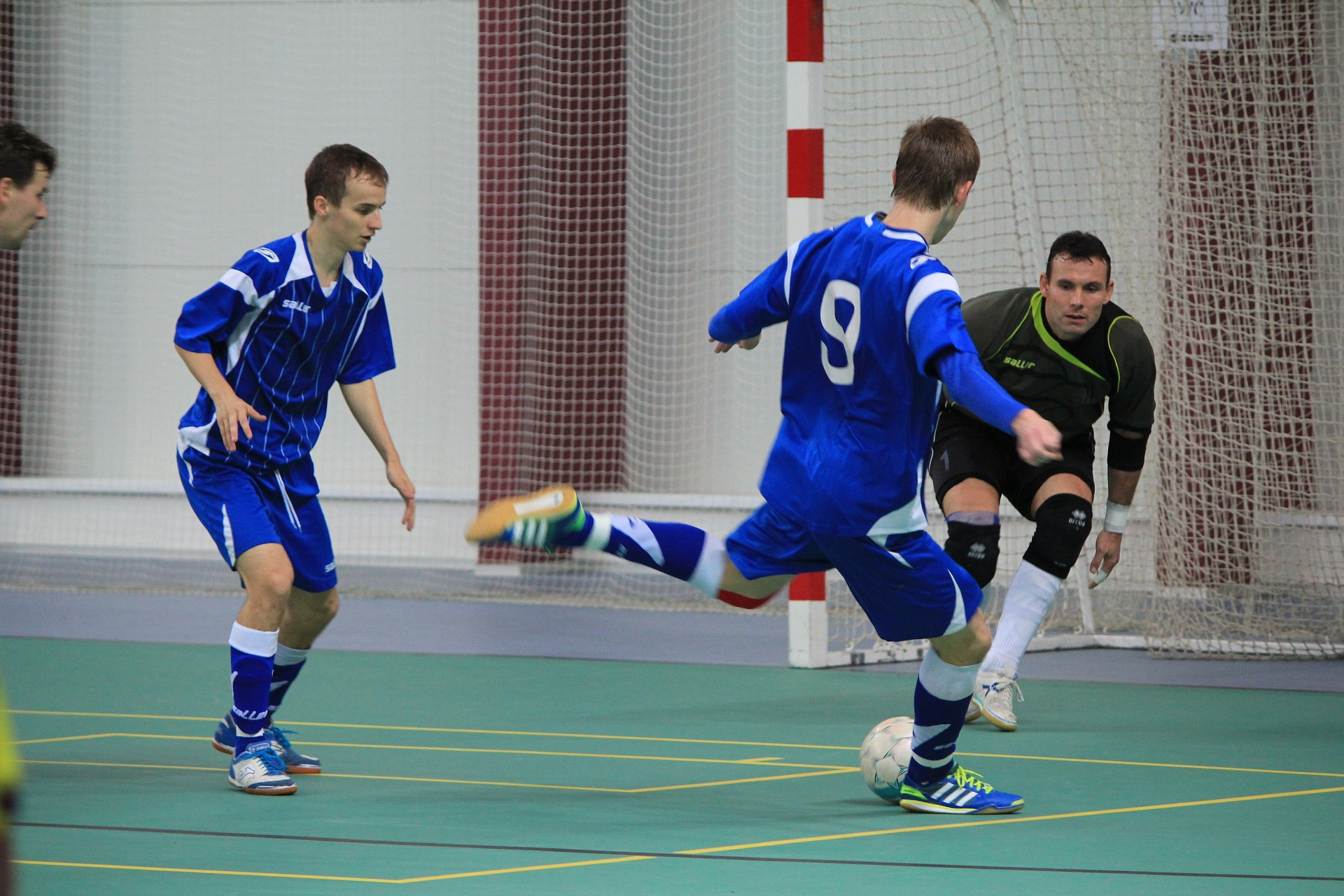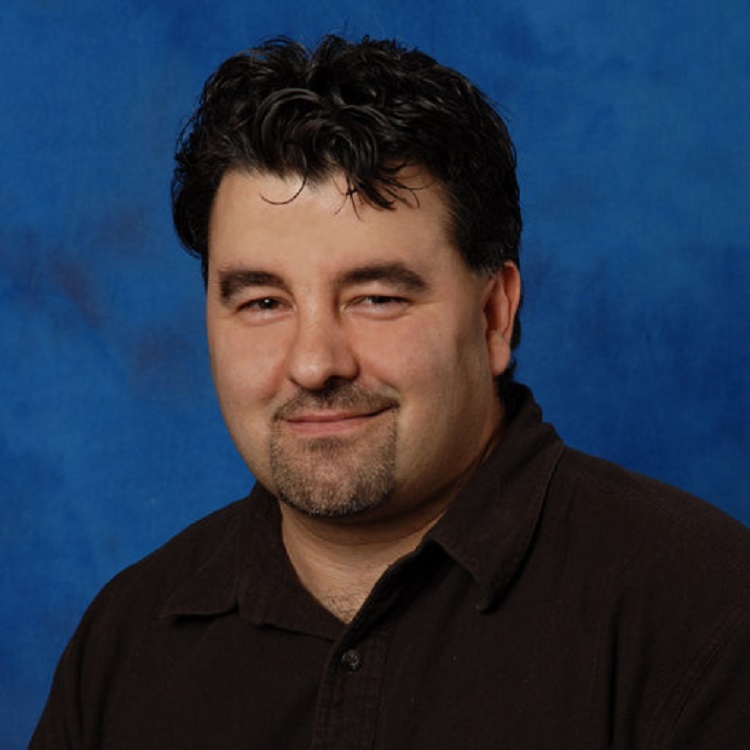“Not everything that counts can be counted, and not everything that can be counted counts.”
~ William Bruce Cameron
With his head down buried in a textbook, he put up his hand and said, “I want to get this”. After years of frustration, doubt, and lack of progress, what changed for this patient? Dennis fondly remembers this pivotal moment in this patient’s rehabilitation journey. What facilitated this change? Was it listening to the patient, or building rapport, or the evidence-based treatment? There are no easy answers to these questions. Rehabilitation has been defined as a process, which encompasses many actions as a bundle; as a strategy, with overall specific aims; and lastly, it is person-centred. The process is far too mystifying and complex to ever truly get a handle on all the nuances. Dr. Derrick Wade summarized the challenge in a recent essay, “Attempting to define rehabilitation ‘for scientific purposes’, or indeed for any purpose, will fail.” Dennis has developed a heuristic — Blending clinical evidence with modern artistry — which attempts to address the difficulty of defining rehabilitation, the artistry of a person-centred approach, and noting what counts and what does not. Dennis’ goal is to facilitate as many of these pivotal moments through his research and clinical work.
Dennis’ clinical work has focused on brain injury rehabilitation with children and adults with complex motor, cognitive, and communication impairments, many of whom required assistive technology for mobility and cognitive rehabilitation. Dennis has extensive volunteer experience, sitting on the boards of Brain Injury Canada and the Brain Injury Association of Windsor / Essex County. Dennis has contributed to the Ontario Neurotrauma Foundation’s publications on brain injury and concussion guidelines.
While a member of the PCHI Lab, Dennis will be researching the development and evaluation of e-health technologies. Specifically, evaluating the implementation of digital health solutions for people with chronic conditions, mainly the design, features, & components of patient portals and clinical information systems that may lead to improved effectiveness and engagement with patients/caregivers with neurological conditions with the potential to improve the outcomes and course of rehabilitation with this population.
Dennis’ current research grows out of an interest in design, technology, behavioural economics, and rehabilitation. His research uses a community-based participatory research approach to explore the intersection of these domains. Dennis fancies himself a slayer of sludge and hunter of butterfly effects. He plans to mitigate barriers and incorporate principles of accessibility, choice architecture, defaults, heuristics, and nudge theory to several technology-related research projects during his doctoral studies. Further, Dennis is interested in finding intervention and design features with advantageous asymmetries. Dennis plans to hunt down those small changes that can serve as catalysts for significant changes. The intersection of technology and behavioural economic theory offers an opportunity to conduct meaningful research and leverage the reach and cost-effectiveness of technology and the asymmetrical nature of behavioural and design interventions.
Dennis’ main research project involves identifying technology features with the most significant impact on seniors’ mobility, social and work participation which will be embedded in a platform trial of the Acquired Brain Injury Electronic Mobility Monitoring and Intervention (ABI EMMI) System.
Projects Dennis is Involved In

Dennis prefers futsal over soccer.
In the long run, you only hit what you aim at.
Dennis has dabbled in woodworking.
It took Dennis a while to appreciate the value of the adage, ‘Measure twice, cut once’.

Dennis has created several websites, including this one 🙂
Creativity is hard to measure. Dennis insists it counts!




